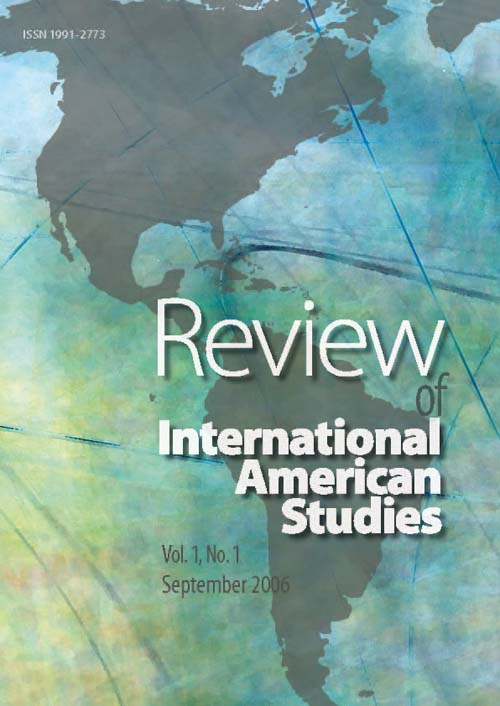Inventory of Differences from a South-American Perspective
Inventory of Differences from a South-American Perspective
Author(s): Paulo KnaussSubject(s): Language and Literature Studies, Studies of Literature, Other Language Literature, Cultural Anthropology / Ethnology
Published by: Wydawnictwo Uniwersytetu Śląskiego
Summary/Abstract: When we deal with the Western hemisphere, it is imperative to bear in mind that its economic, political, and cultural history has been marked by the hegemony of the USA. Thus, it is dificult to admit the implementation of any study that, at some moment, does not take a stand in respect of the impact of this North-American State on the hemisphere. On the other side, the history of the USA also stands for values that go hand in hand with the history of social and popular struggles on both American continents. For this reason, the responses to the experience of the USA in the Americas are fraught with contradictions, and this is something we have to reckon with to get a grip on the problems involved.Nevertheless, it cannot be denied that reflection about the role of the USA on the Western hemisphere is strongly marked by meanings affirmed in the USA. Thus, probably the major source of ill feeling between the USA and the other countries of the Americas is the fact that the American ideal and the American identity have been shaped in the USA. The fact that the word ‘unitedstatesian’ sounds strange in the English language shows how self-representation in the USA is mingled with the idea of being ‘American’. But even from the Latin-American perspective, it is hard not to consider the word ‘American’ as an attribute of the USA. There are numerous ways of going round this ill feeling, but practically all of them are insufficient. To fall back, for instance, on negative characterizations, such as ‘gringo’ and ‘yankee’, may reinforce existing prejudices and the ideological denouncement discourse, but they are no help for a good relationship among the peoples, nor for a critical reflection. In the politically correct South-American discourse, the word ‘North-American’ is gaining ground to identify the USA. But this usage confuses the perception of geography, by creating other ill feelings when installing a scheme that does not contemplate Canada or Mexico. Furthermore, nowadays, the idea of the Anglophonic or the non-Hispanophonic USA (as well as an image of Canada homogenized by the Anglo’s) has become anachronistic, which further complicates the old cultural differences that have separated the USA from Latin America.
Journal: Review of International American Studies
- Issue Year: 1/2006
- Issue No: 1
- Page Range: 15-17
- Page Count: 3
- Language: English

